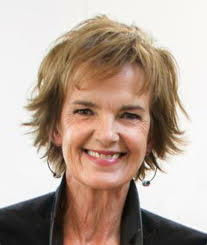Camilla, the Queen Consort: The 'best listener in the world' and the King's secret weapon
Whether she’s highlighting domestic abuse, championing literacy, dining with pensioners or quietly supporting her husband, our new Queen is excelling in her royal role, says Jane Wheatley.
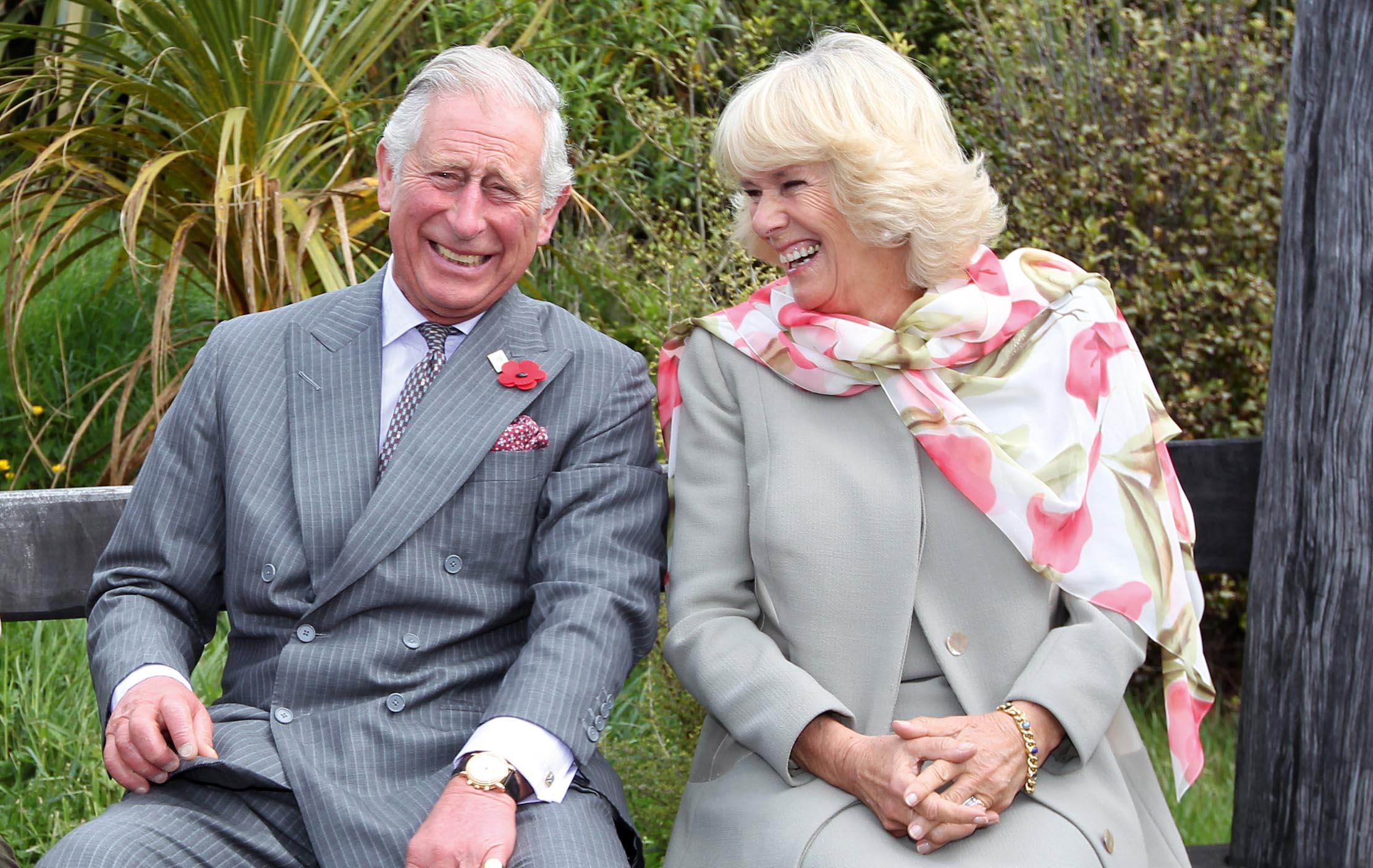
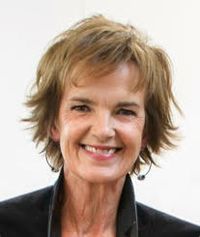
[This article appears in the 350-page special coronation commemorative issue of Country Life — find out what else is inside and order your copy here]
There was once a little girl called Camilla, whose father read stories to his children every night, instilling in her an enduring love of books and the imaginative adventures they promised. He did all of us a great favour, because, when his daughter grew up and married the man who would be King, she determined that all children should have the opportunity to lose themselves in a good story.
Soon after she became Duchess of Cornwall and assumed her role as a working royal, the author Michael Morpurgo was invited to Buckingham Palace to talk about literature for children and what the Duchess could do to help. ‘It was quite early on when she first appeared on the scene and she was mightily sincere about it,’ he recalls. ‘She was very authentic and clearly understood the importance of libraries and books for children.’ They went on to meet often and, on one occasion, he tells me, the two of them sat together in a tent at the Hay Festival in Wales and read stories to assembled children.
These days, as The Queen, she has her own charity and Instagram account, The Queen’s Reading Room, sharing books she loves with children and adults around the world and recruiting well-known actors and authors, including Sir Michael, to give readings and recommendations. ‘She is raising the flag for literature,’ he enthuses. ‘I don’t think any member of the Royal Family has been so involved in the culture of the country since Prince Albert.’
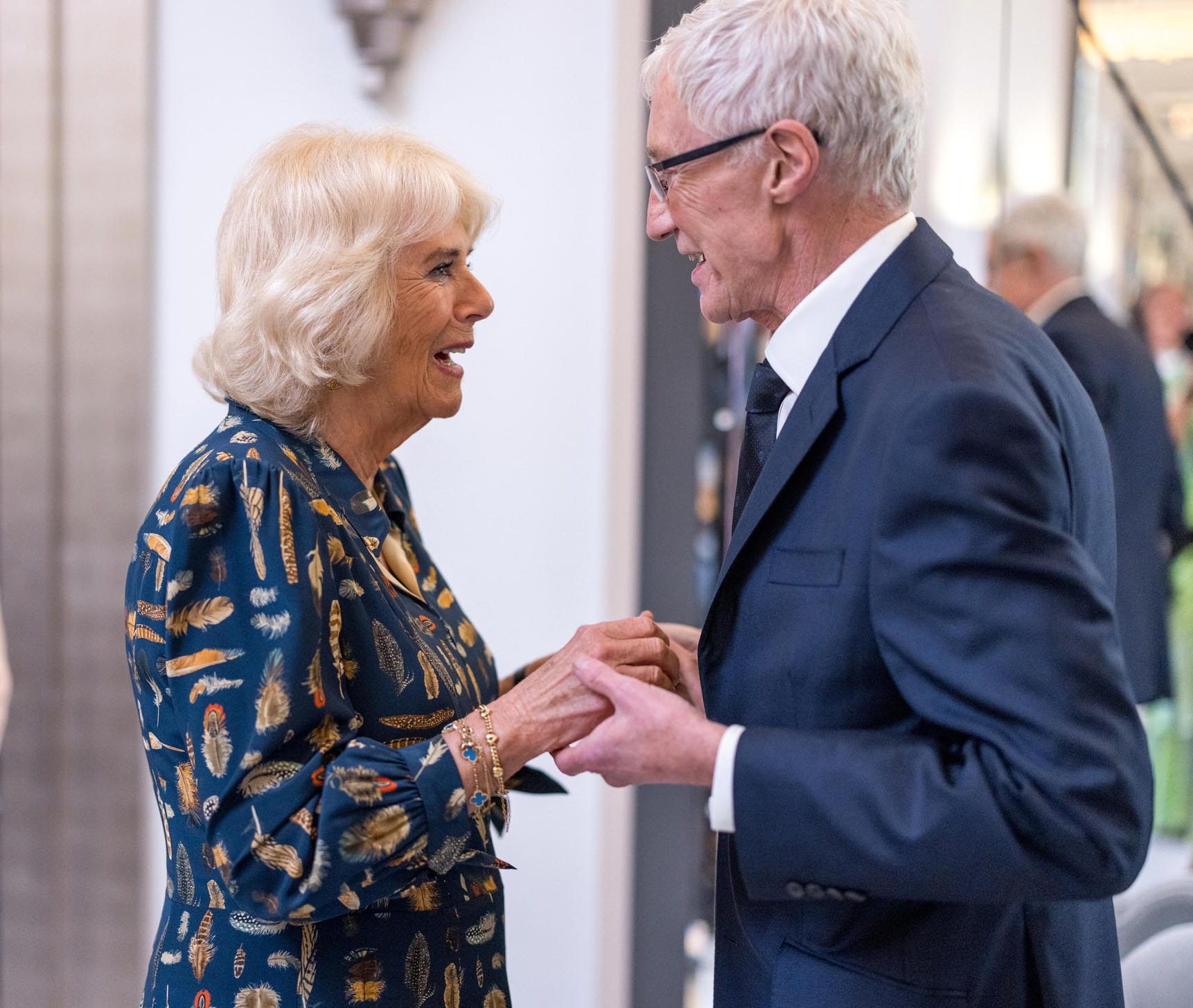
In 2010, to celebrate the 15th anniversary of the Women’s Prize for Fiction, its founder, novelist Kate Mosse, asked the then Duchess of Cornwall to present the awards. ‘People had told me she was a big reader, who was interested in women and girls writing, and we needed someone of her stature to mark the moment,’ remembers Mrs Mosse. ‘Back then, she was still a controversial figure and objections came from people who had never met her, but we stuck to our guns.’
Once considered the most hated woman in Britain by some people, branded as a ‘rottweiler’ and home-wrecker for her long relationship with the married Prince of Wales, excoriated in the press, isolated and voiceless, the former Mrs Parker Bowles had a rough time of it. ‘She has weathered it all with great dignity and grace,’ observes Mrs Mosse. ‘It doesn’t matter who you are, women being silenced is common to everybody and I admire how she has ploughed her own furrow.’
Since her marriage in 2005, The Queen has taken on a full calendar of royal duties, but much of her work and interests has developed under the radar, following up with people she’s met and often bringing them together informally. After an undercover visit to a rape crisis centre in 2009, she held a reception at Clarence House, inviting people involved in the field of combating sexual violence from the Home Secretary downwards, many of whom had never met each other. It’s what she does best, bringing people out of silos and making common cause. As one charity boss told me: ‘She is so much more than a name over the door.’
Exquisite houses, the beauty of Nature, and how to get the most from your life, straight to your inbox.
After meeting Jude Kelly, founder of the Women of the World Festival (WOW), the then Duchess gave a lunch at Clarence House and told Mrs Kelly that she was free to invite anyone she chose. Conversations rose like balloons, covering topics from rape as a weapon of war to the education of girls, as The Duchess worked the room. ‘She was unafraid to talk in depth about FGM [female genital mutilation],’ Mrs Kelly disclosed to royal biographer Penny Junor.
The Duchess later became president of WOW and the lunches continued: ‘People go away feeling really respected and feel the warmth of her personality,’ adds Mrs Kelly. ‘She’s lived her life, some of it in public, and that’s got a deeply painful aspect to it — she’s obviously transferred her difficulties into a greater compassion for others.’
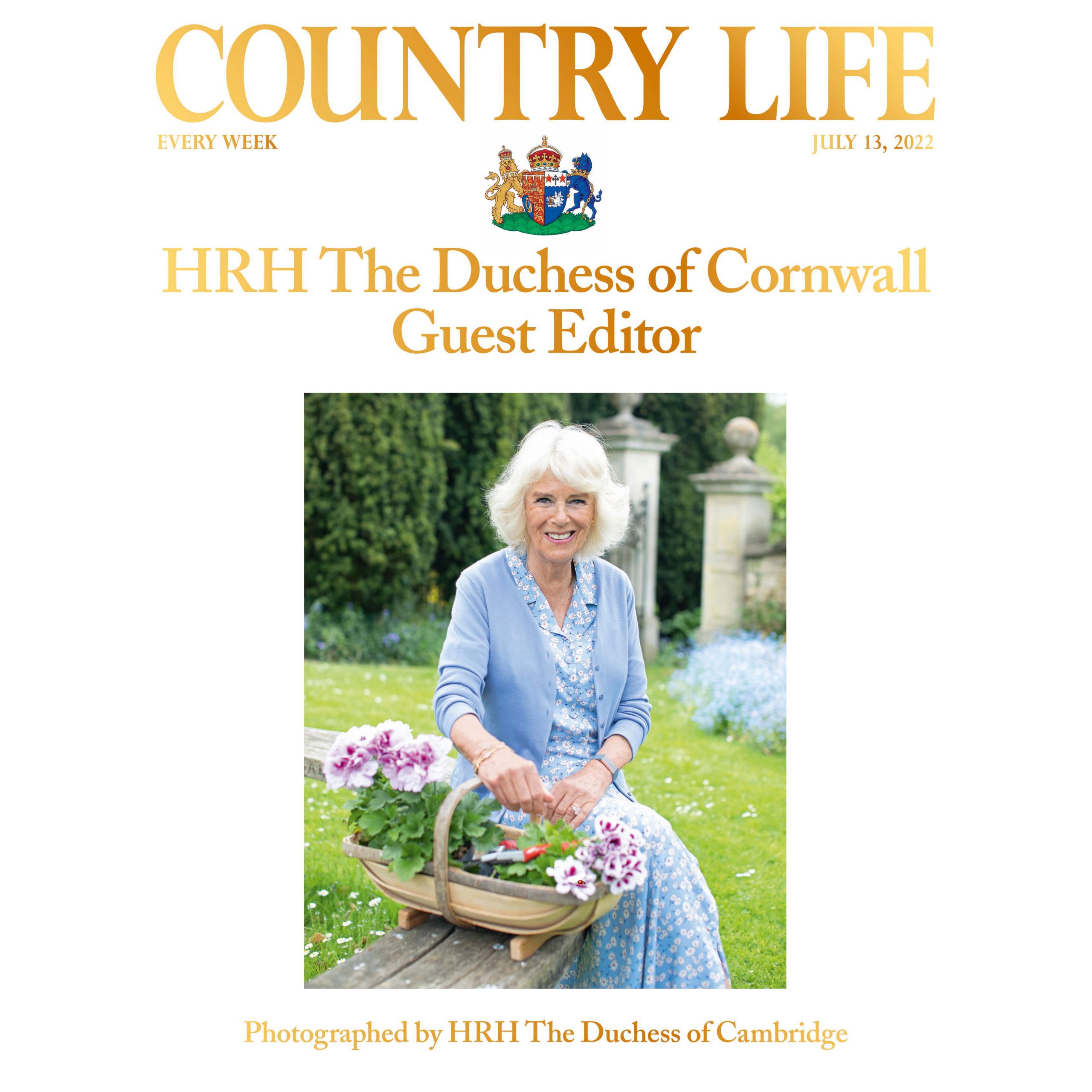
In 2016, The Duchess visited the charity SafeLives — which works with survivors of domestic abuse — and met Diana Parkes, whose daughter Joanna had been murdered by her estranged husband (‘I’m terrified of him finding me when he gets out’, July 13, 2022). Visibly appalled by the stories she heard, she became a staunch ally of the charity, of which she has been patron since 2020. Two years later, she told presenter Emma Barnett on BBC Radio Four’s Woman’s Hour how deeply shocked she had been by what she had learnt at that first meeting: ‘I don’t think in those days I knew much about domestic abuse,’ she admitted. ‘It was a very hush-hush subject, taboo. It’s talked about much more now.’ She had ‘zoned in’ suggested Mrs Barnett: ‘Quite correct,’ nodded The Duchess. ‘I shan’t let go now. I hope I shall be doing [this work] for a lifetime.’
Traditionally, on overseas trips, members of the Royal Family might go to the ballet, view a military parade or attend a remembrance service; The Queen likes to pop into a women’s refuge. From Bahrain to Lagos, wherever possible, she will seek out survivors of domestic violence or sexual assault and hear their stories. As The King once said of her, ‘she’s the best listener in the world’, and, in the process, her visit will raise the profile of each service and its need for support.
In Rwanda in June last year, she gave the keynote speech at a conference on violence against women and girls before spending time with children at Kigali public library, stocked with books sent from the charity Book Aid International, of which she is patron.
Although these are the two causes closest to her heart, they are among 100 patronages and presidencies she has taken on. Some were inherited from her mother-in-law, the late Queen, including Battersea Dogs & Cats Home (‘Give a dog a home’, July 13, 2022) — she has two Jack Russells, Beth and Bluebell, that were rescued by the charity — where she met the late comedian and fellow dog lover Paul O’Grady. ‘We hit it off straight away,’ he told me. ‘I met the Queen many times and used to get a bit nervous, but with the new Queen it’s different, like meeting an old friend; I don’t want to sound presumptuous, but she’s so approachable. And she’s so good for The King, the two of them together, that should have happened years ago.
‘Of course she was a pariah at one stage; I think she survived it so well because she’s very true to herself. As me Mum used to say, “a steady hand is needed to steer through stormy seas”.’
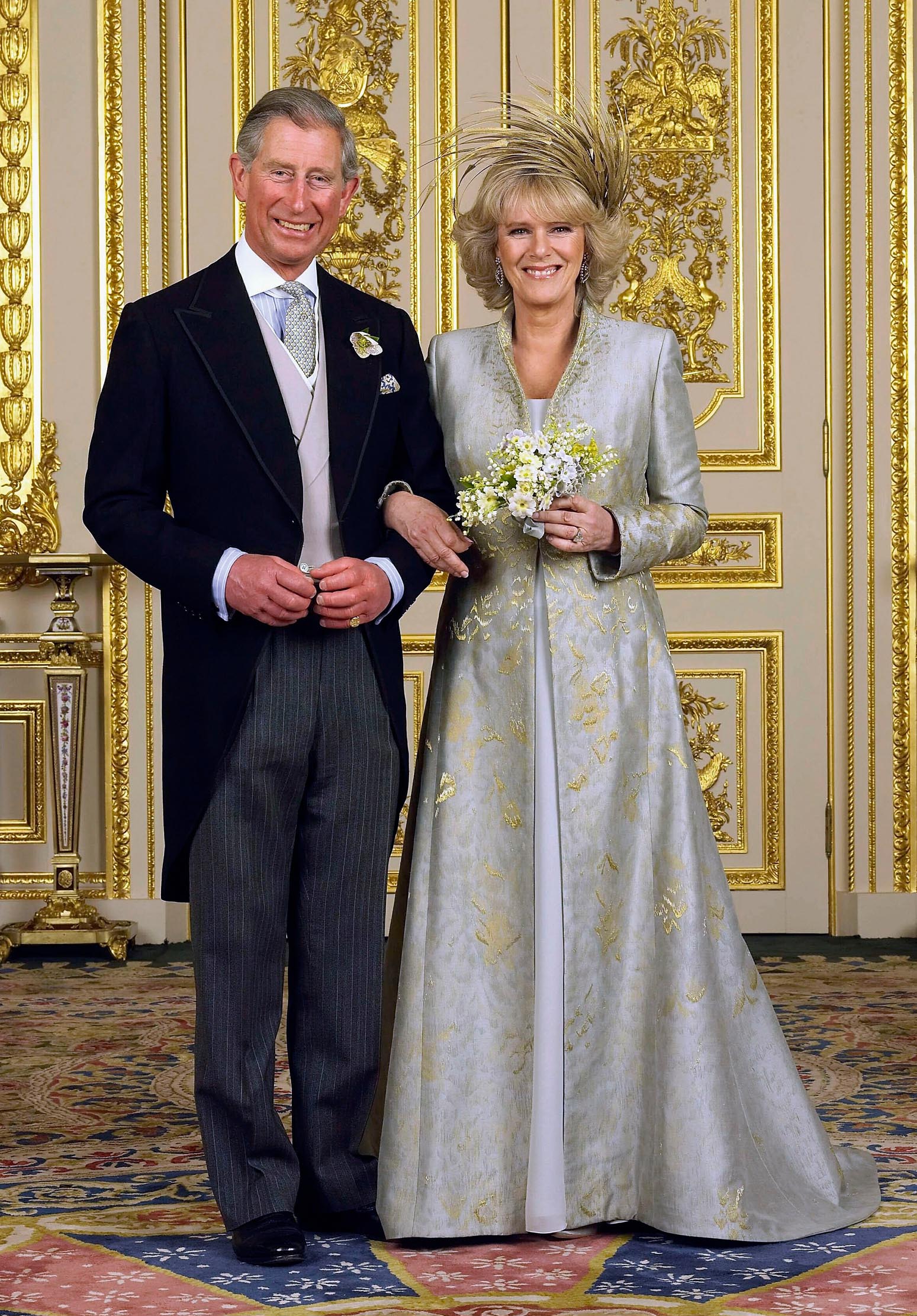
Back in those wilderness years of the 1990s, a poll suggested that half the British people thought the Prince of Wales’s relationship with his mistress had damaged the monarchy beyond repair. How things progress: in February last year, the Queen said it was her ‘sincere wish’ that Camilla should be known as Queen Consort when Charles became King; three months’ later, she became a Royal Lady of the Most Noble Order of the Garter, the highest order of chivalry, and, in July, she made the pages of Vogue.
When the team arrived for the shoot, she said: ‘Sorry you’ve got to photograph an old bat this morning,’ adding, after looking regretfully at her hands: ‘I did have some nails, but I lost them all gardening yesterday.’ The photographer snapped away, calling out ‘beautiful, ma’am’ and making her chuckle. As someone once said of her: ‘She has a deep and infectious laugh and often seems to be the one having the most fun in the room.’
Helena Kennedy has known The Queen since before her marriage, when Baroness Kennedy was chair of the British Council and spent a weekend at Sandringham: ‘We talked about an Anne Tyler novel we had both read and I realised she was a real book person. When I chaired the Booker Prize, I asked her to present the award, which she did for several years; we would send her the final six, she had always read them and was always keen to meet the writers.’
As do others I spoke to, Baroness Kennedy admits she is a big fan of The Queen: ‘She is down to earth, human, compassionate and a great champion of women’s rights. I was recently involved in an operation to evacuate women lawyers out of Afghanistan and I did an interview in The Sunday Times, in which I said that I desperately needed help chartering planes. The next day, her office got in touch to say: “The Queen Consort would like to make a donation.” Later, she suggested that I bring some of them to Clarence House for tea. I brought three judges and she was wonderful and they all adore her.’
It seems that The Queen is quick off the mark when she comes across something of interest. Sir Michael tells me that, during the pandemic, he spoke on Radio 4 about his local pub in Devon putting on a weekly three-course lunch for isolated elderly people in the community. ‘The next day, I got a call from Clarence House, saying that: “The Duchess would like to come and have lunch with your OAPs.”’ Was the author surprised? ‘Well, yes, a bit; but, of course, I said I would arrange it.
‘Then there was another lockdown, so it all went away. However, a year or so later, there came another call: to say that she still wanted to come and that His Royal Highness would like to come, too. They did, they drove to deepest Devon and spent an hour and a half having lunch. It was a private visit; there was no press coverage and no one made anything of it.’
Under the radar; it’s where our new Queen likes to be.
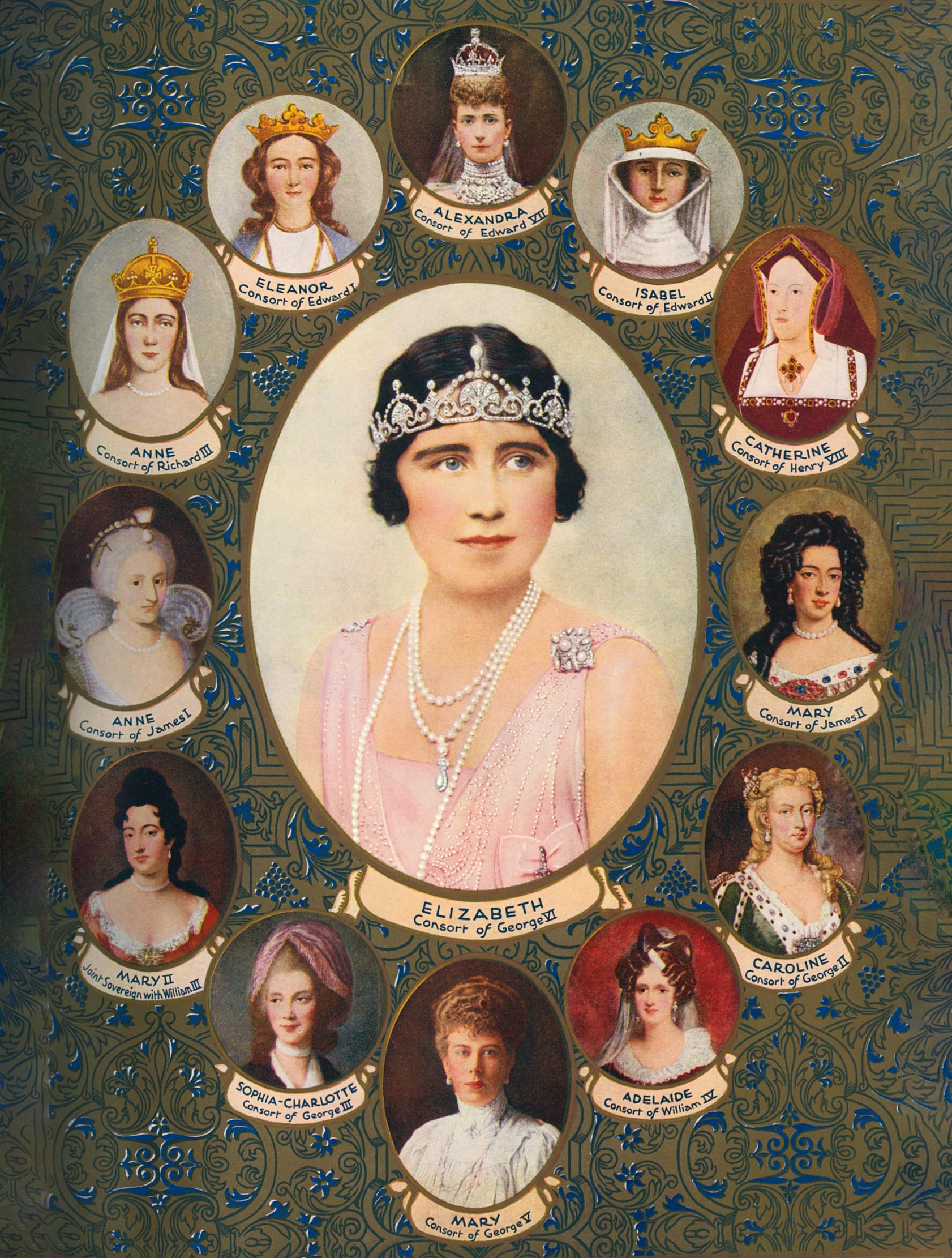
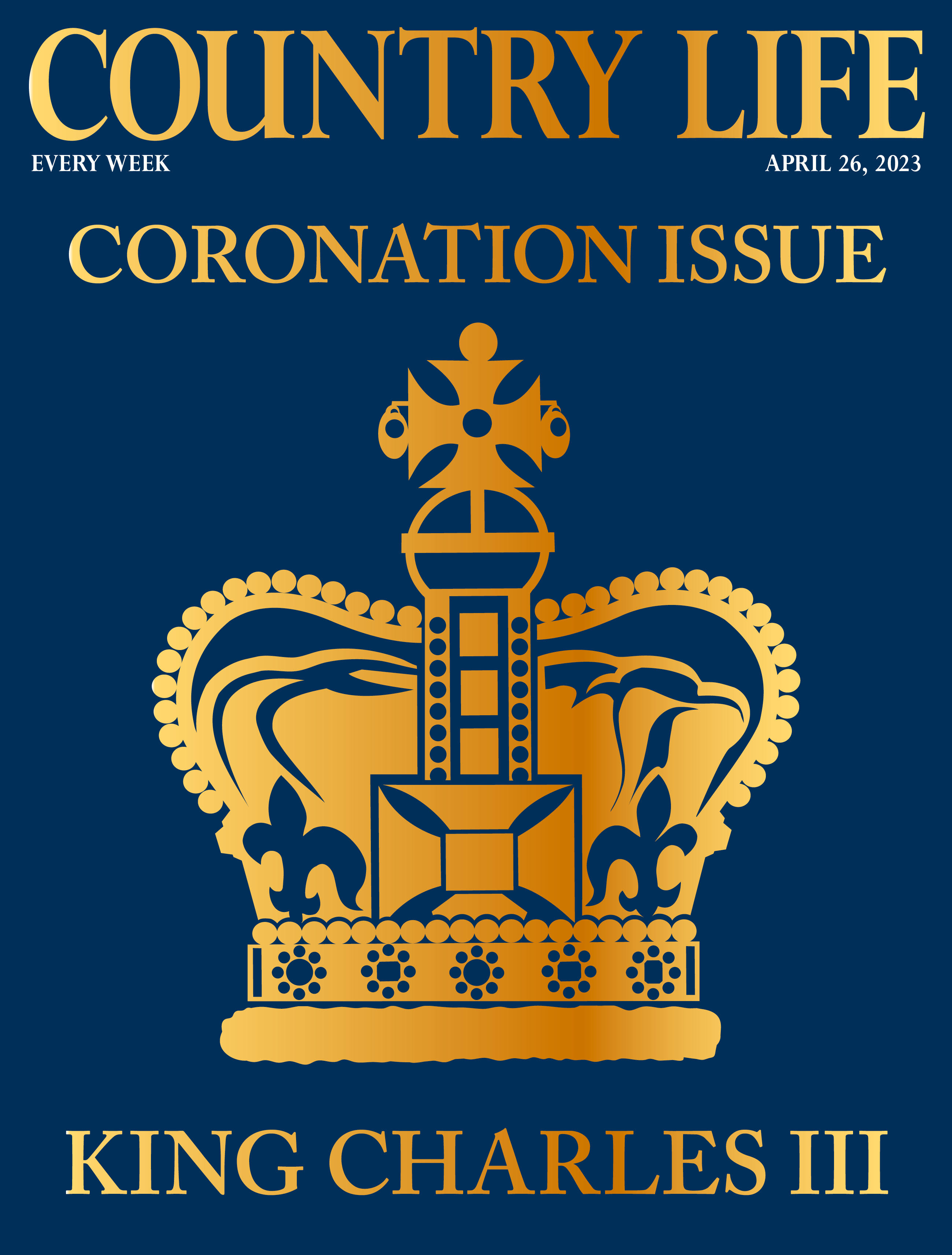
Credit: Country Life
The coronation of King Charles III: What you'll find inside Country Life's 350-page commemorative issue
Country Life 26 April 2023 commemorates the coronation of King Charles III with an extraordinary issue of over 350 pages
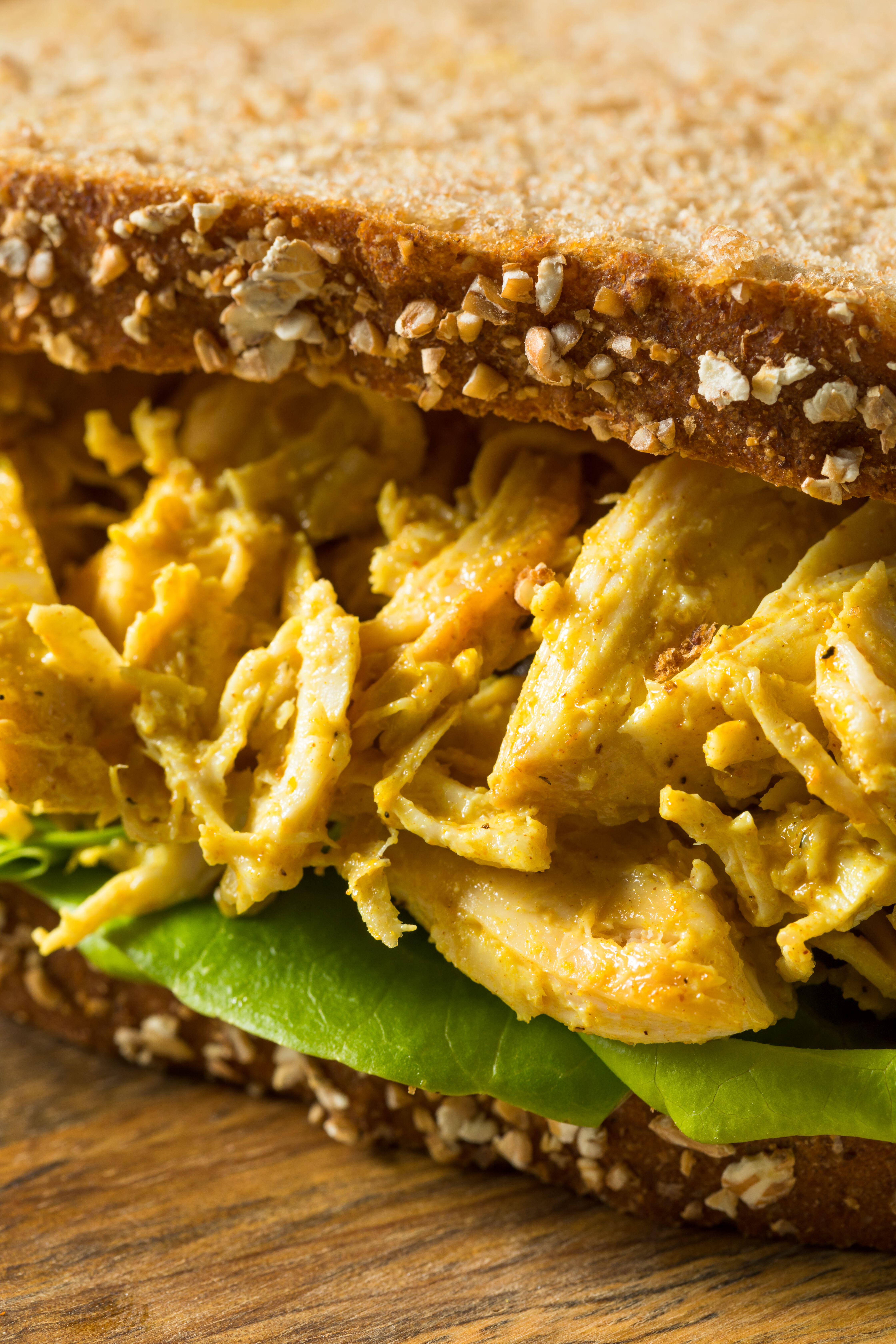
Credit: Alamy Stock Photo
Perfect Coronation street party recipes, from Mary Berry's ultimate scones to Tom Parker Bowles' irresistible coronation chicken
Emma Hughes collects the best Platinum Jubilee street party recipes from some of Britain's best-loved chefs and food writers.
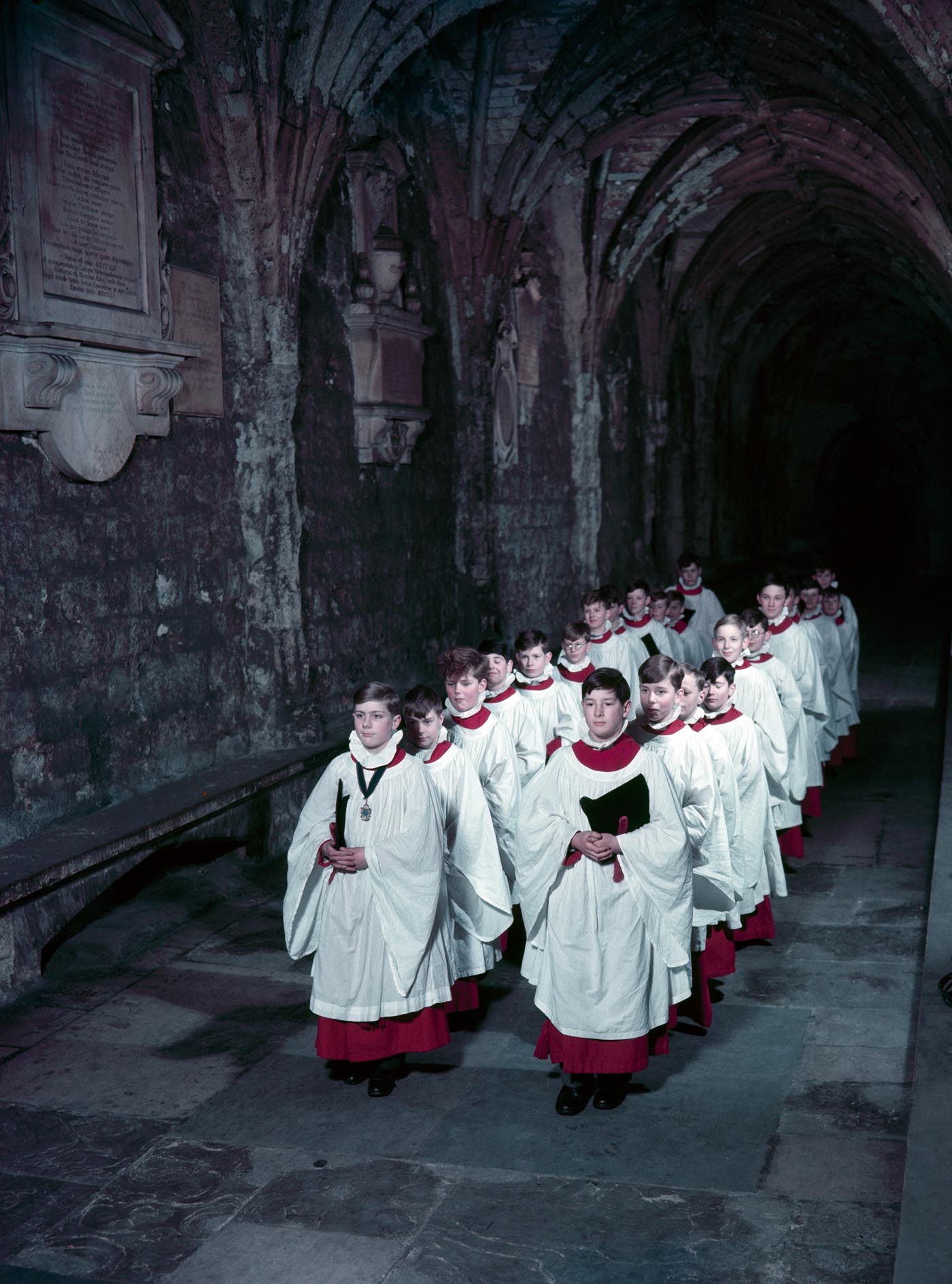
Curious Questions: What is it like to sing at a royal coronation in Westminster Abbey?
The choristers at the Coronation are now in their eighties, but recall vividly the day they sang for The Queen,
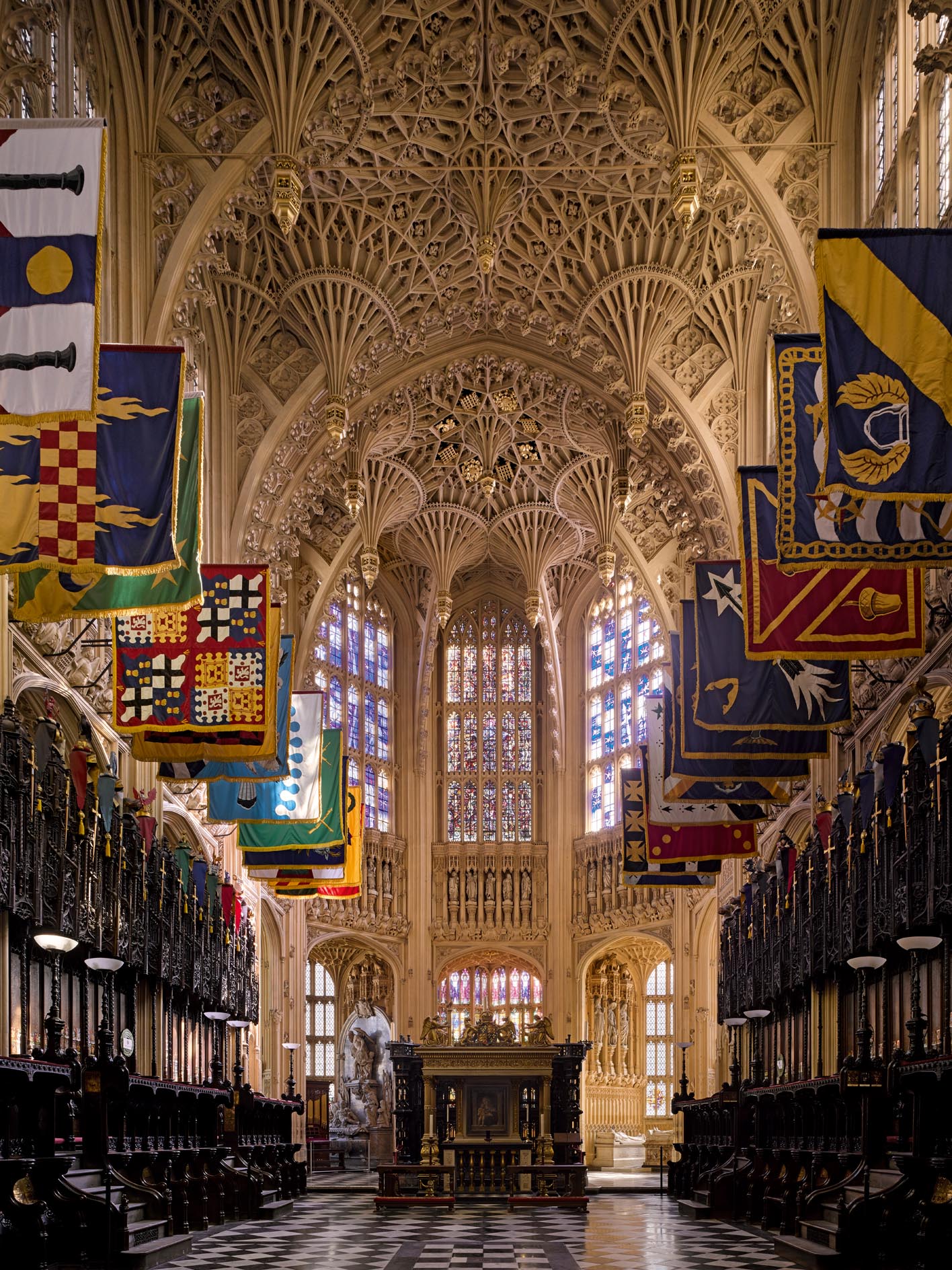
Westminster Abbey: How the nation's coronation church has touched our lives for 1,000 years
In anticipation of The Queen’s Jubilee Year, Country Life had the opportunity to photograph the majestic interiors of Westminster Abbey,
Jane Wheatley is a former staff editor and writer at The Times. She contributes to Country Life and The Sydney Morning Herald among other publications.
-
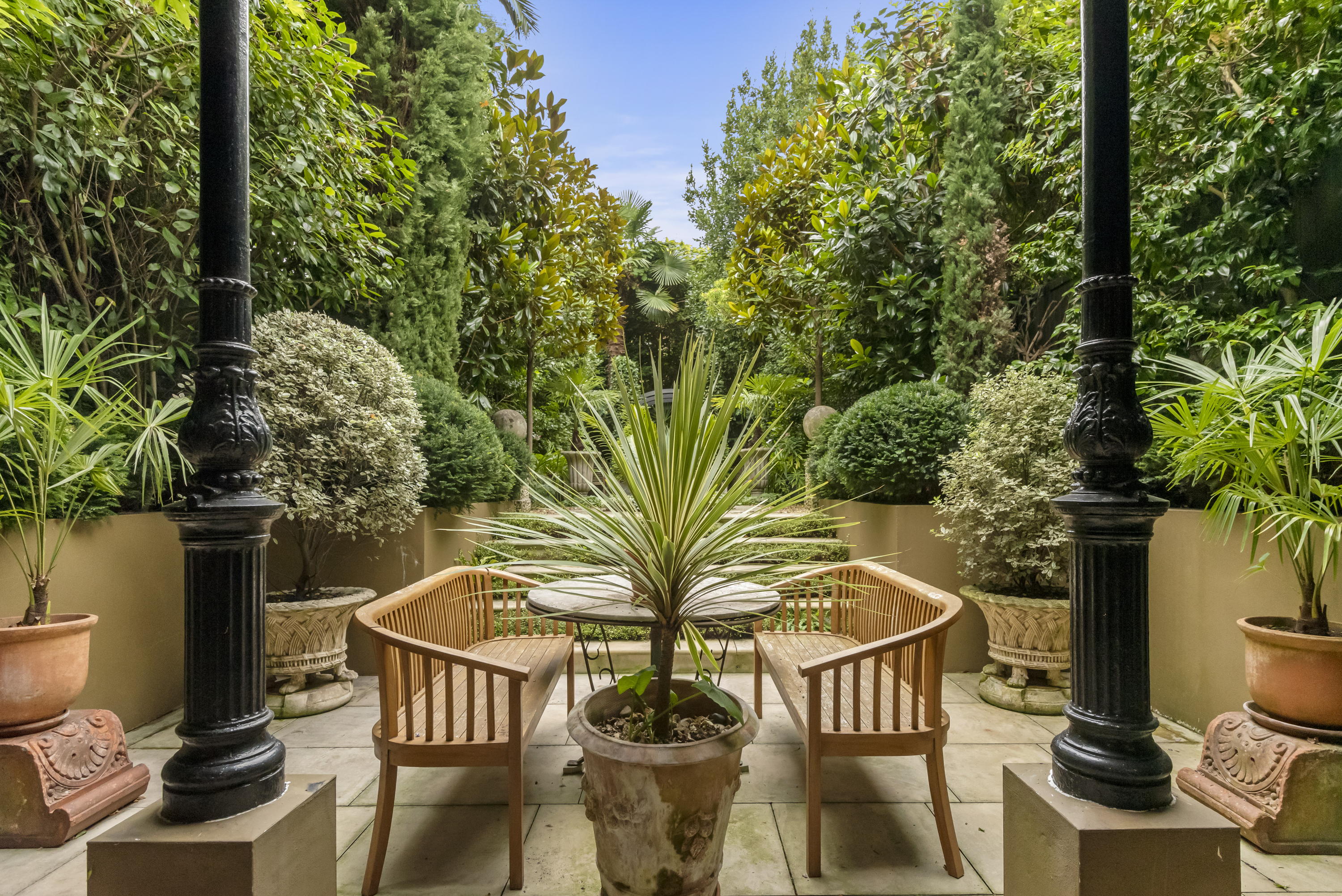 A spectacular green oasis that offers a slice of country life in the very heart of one of the busiest places in London
A spectacular green oasis that offers a slice of country life in the very heart of one of the busiest places in LondonAmong the roads, rail and conference centres of Earls Court, there's a charming terrace where you can find homes that offer wonderful surprises — and they don't get much more wonderful than this one.
-
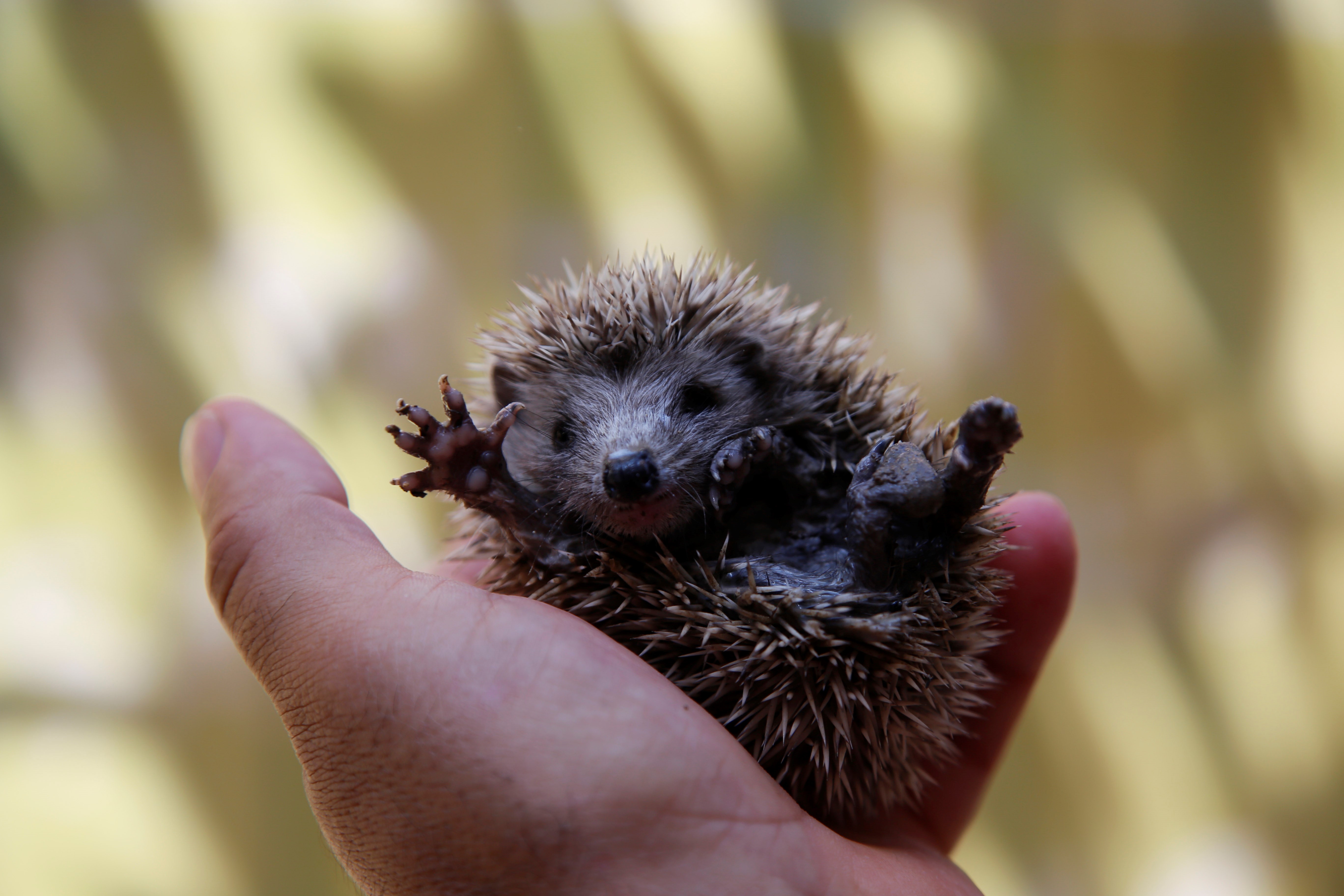 What, we hear you cry, is a baby hedgehog called? Find out in the Country Life Quiz of the Day, September 25, 2025
What, we hear you cry, is a baby hedgehog called? Find out in the Country Life Quiz of the Day, September 25, 2025Spoiler alert: the answer is unbearably cute.
-
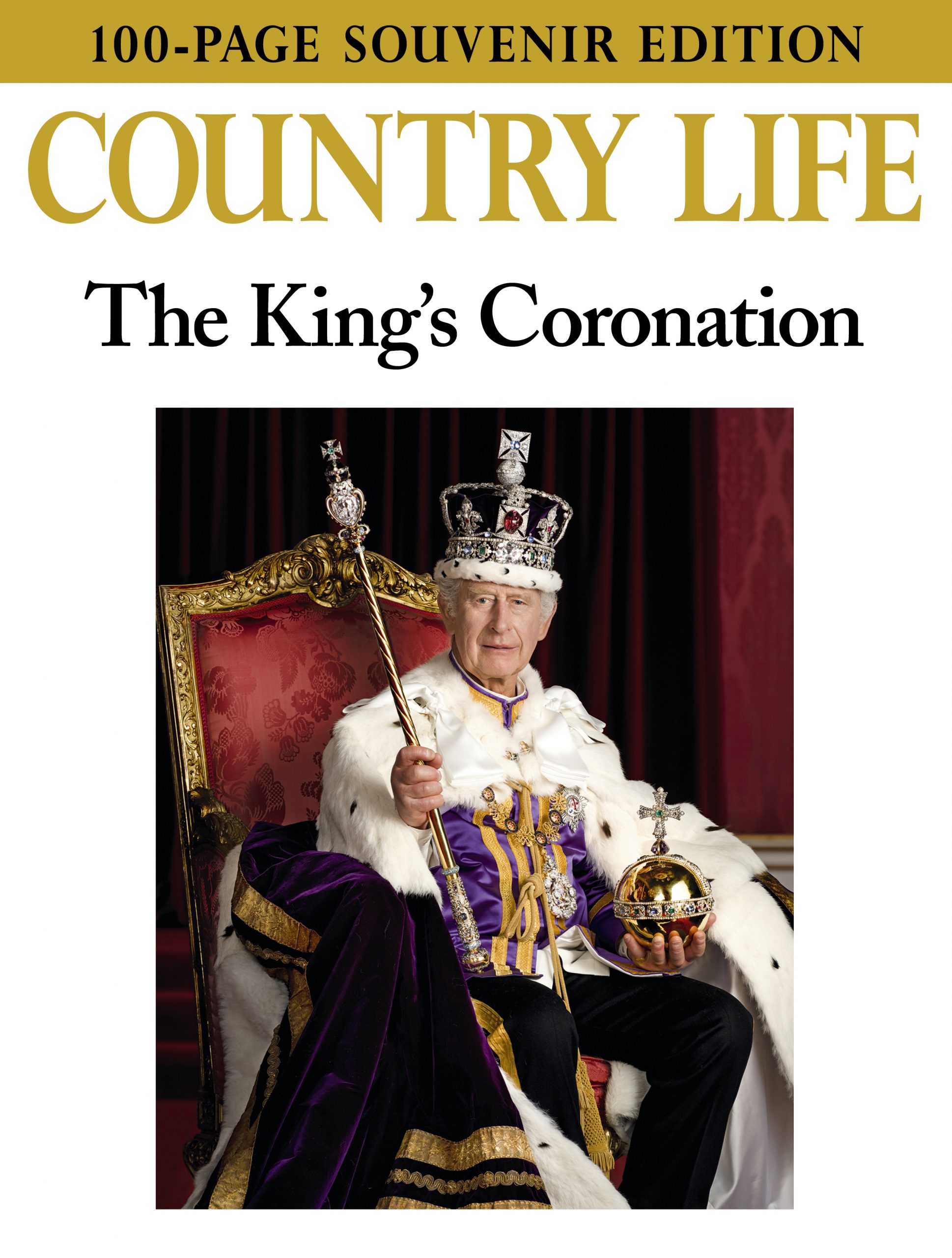 Country Life's 100-page Coronation souvenir issue: What's inside and how to order a copy
Country Life's 100-page Coronation souvenir issue: What's inside and how to order a copyOur 100-page special edition of Country Life is in the shops now.
-
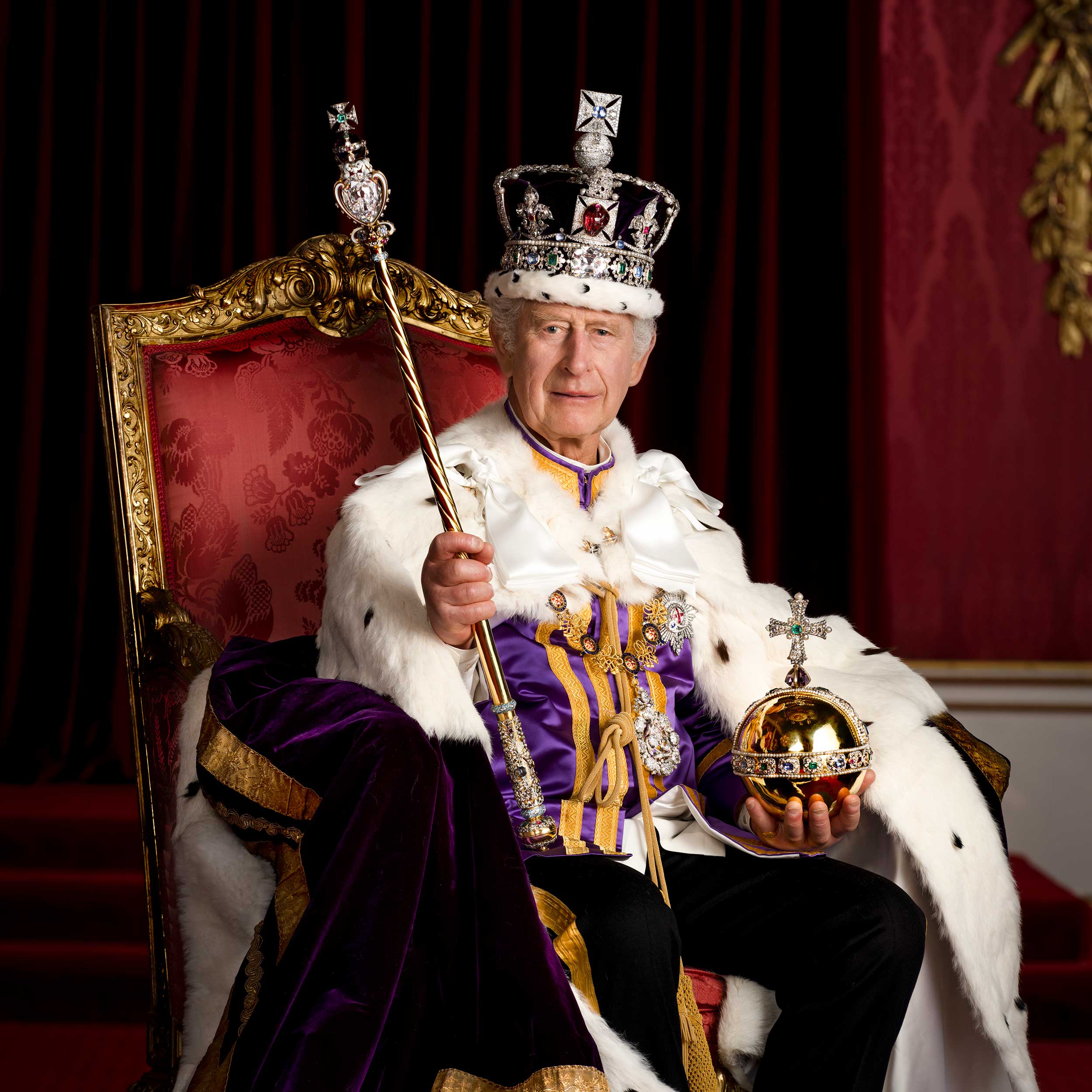 The official Coronation Portraits of King Charles III
The official Coronation Portraits of King Charles IIIHis Majesty King Charles III, the Queen Consort and the Royal Family sat for official photographic portraits after the Coronation on Saturday 6 May, 2023.
-
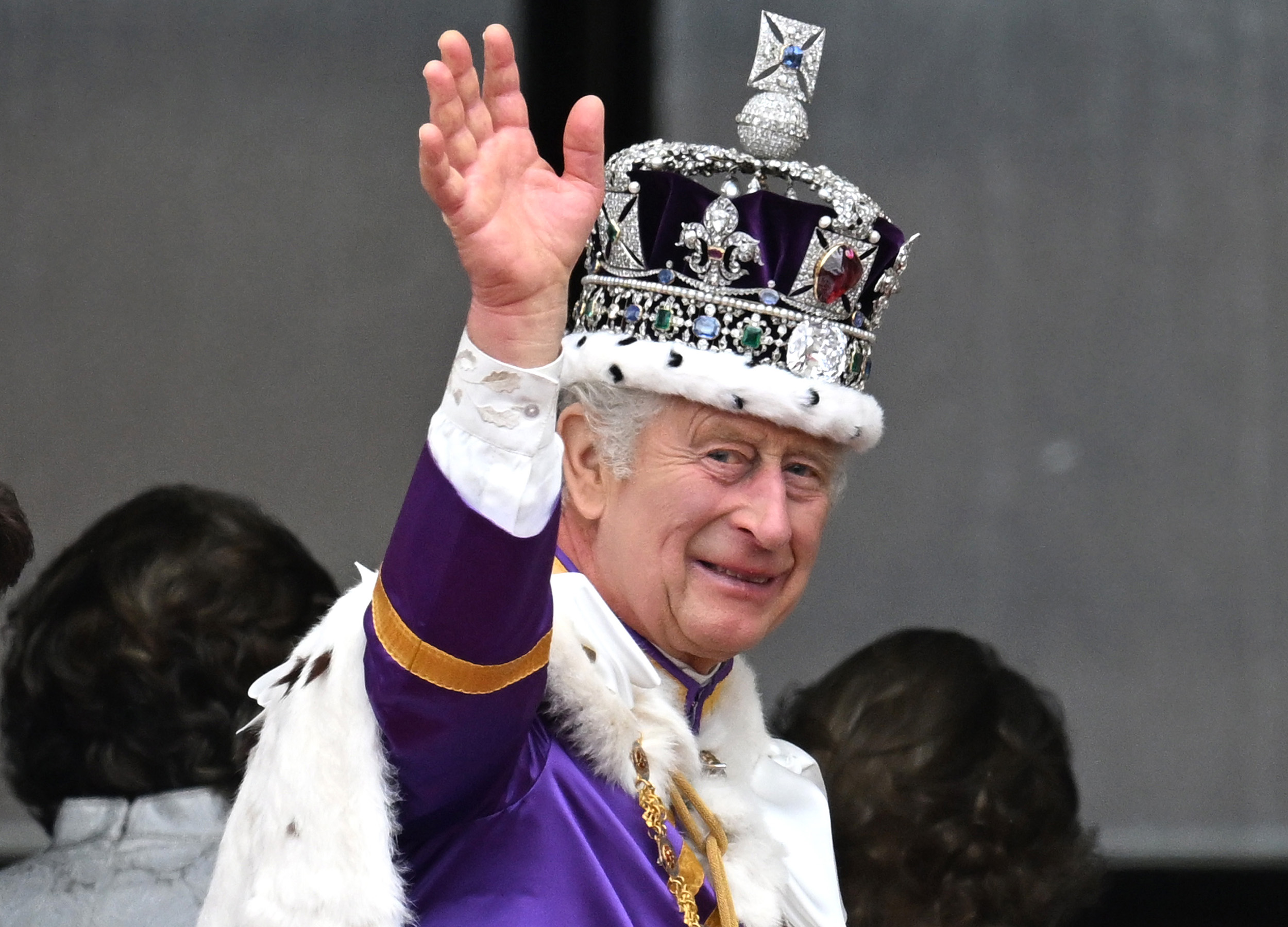 The Coronation of King Charles III: Best pictures from the day
The Coronation of King Charles III: Best pictures from the dayEnjoy some of the defining images from a truly historic day: the Coronation of King Charles III at Westminster Abbey on 6 May, 2023.
-
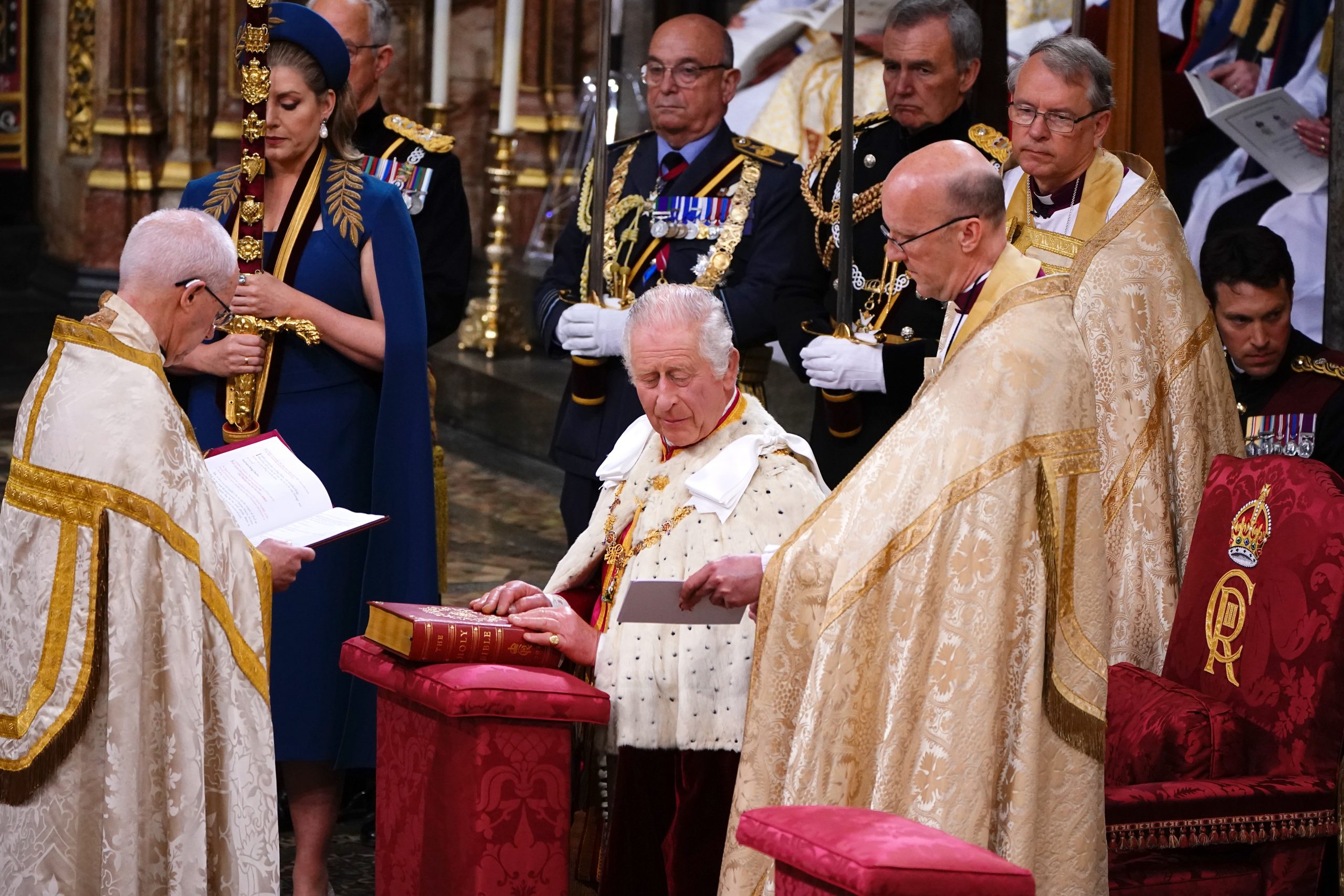 The full text of the Coronation Oath of King Charles III
The full text of the Coronation Oath of King Charles IIIRead the full text of the Coronation Oaths being sworn by King Charles III.
-
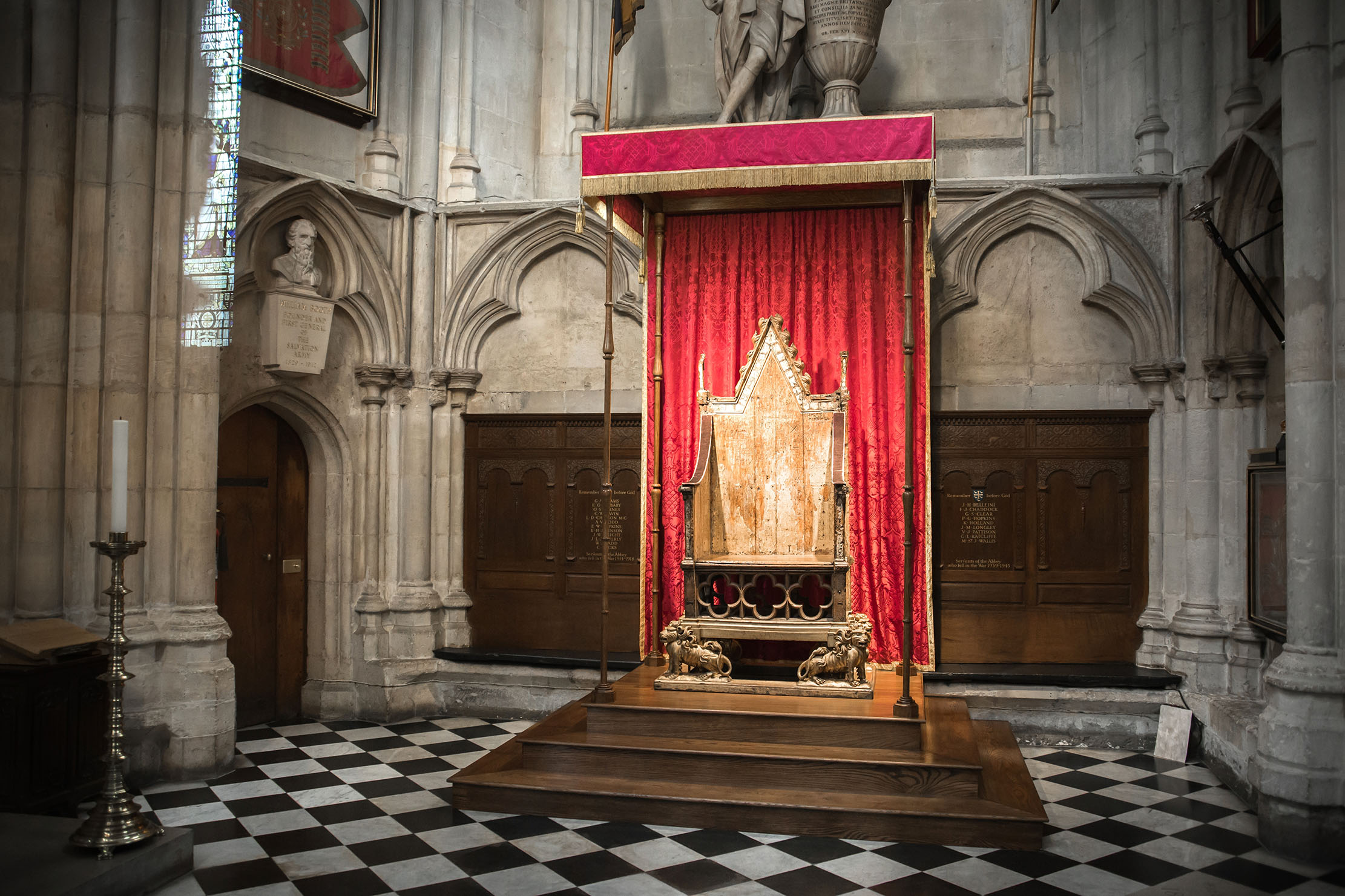 The Timetable for the Coronation of King Charles III, including the order of service and The Oath
The Timetable for the Coronation of King Charles III, including the order of service and The OathEleanor Doughty takes a look at what's happening over coronation weekend — and explains the changes in the roles of dukes and duchesses, hitherto so important in the ceremony.
-
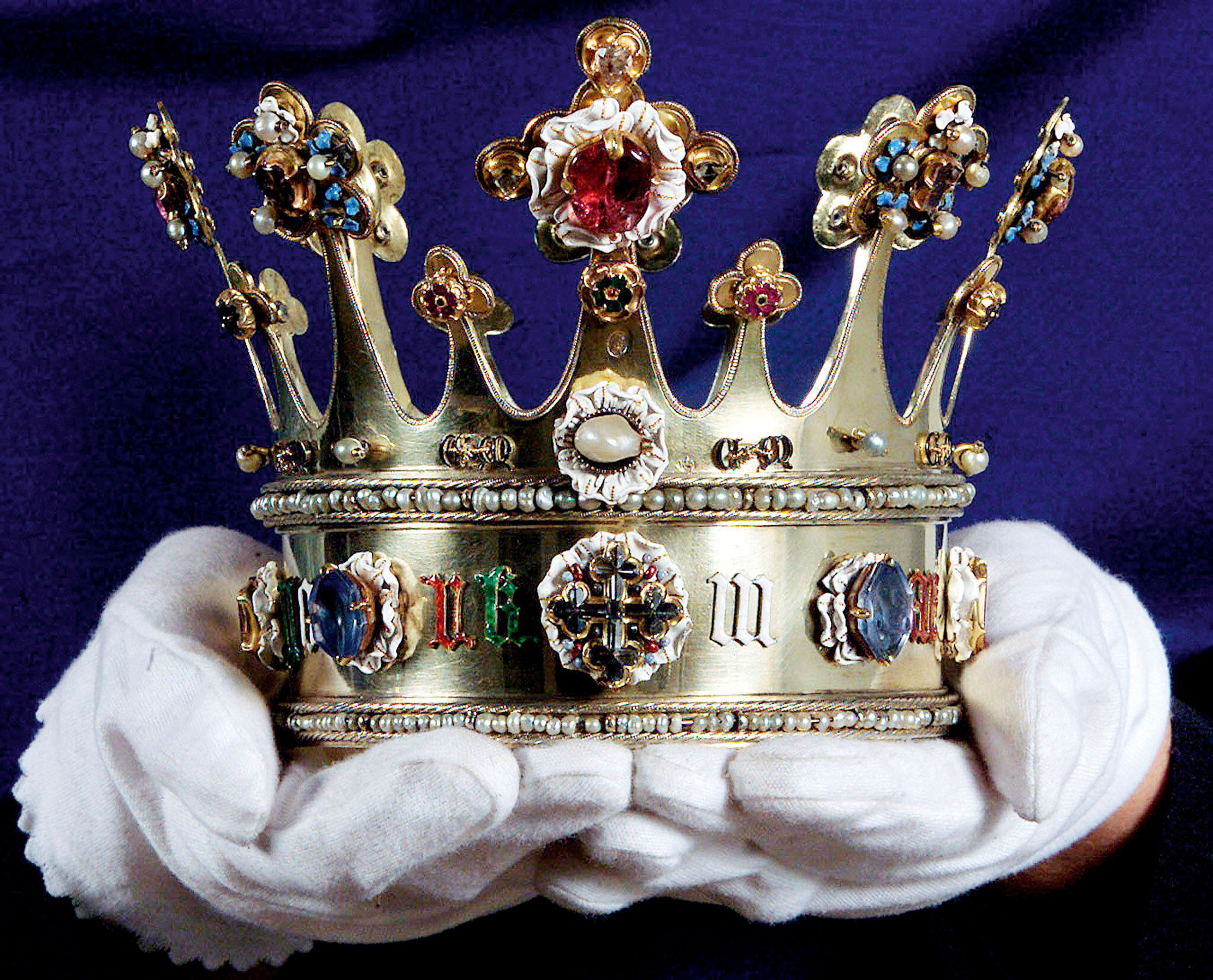 St Edward's Crown: The tale of the crown being used at the Coronation of King Charles III
St Edward's Crown: The tale of the crown being used at the Coronation of King Charles IIIIt is to the Crown that we owe allegiance. Matthew Dennison considers the history of this most familiar attribute of royalty, which he finds as laden with the hopes of a nation as it is with glittering gold and precious jewels.
-
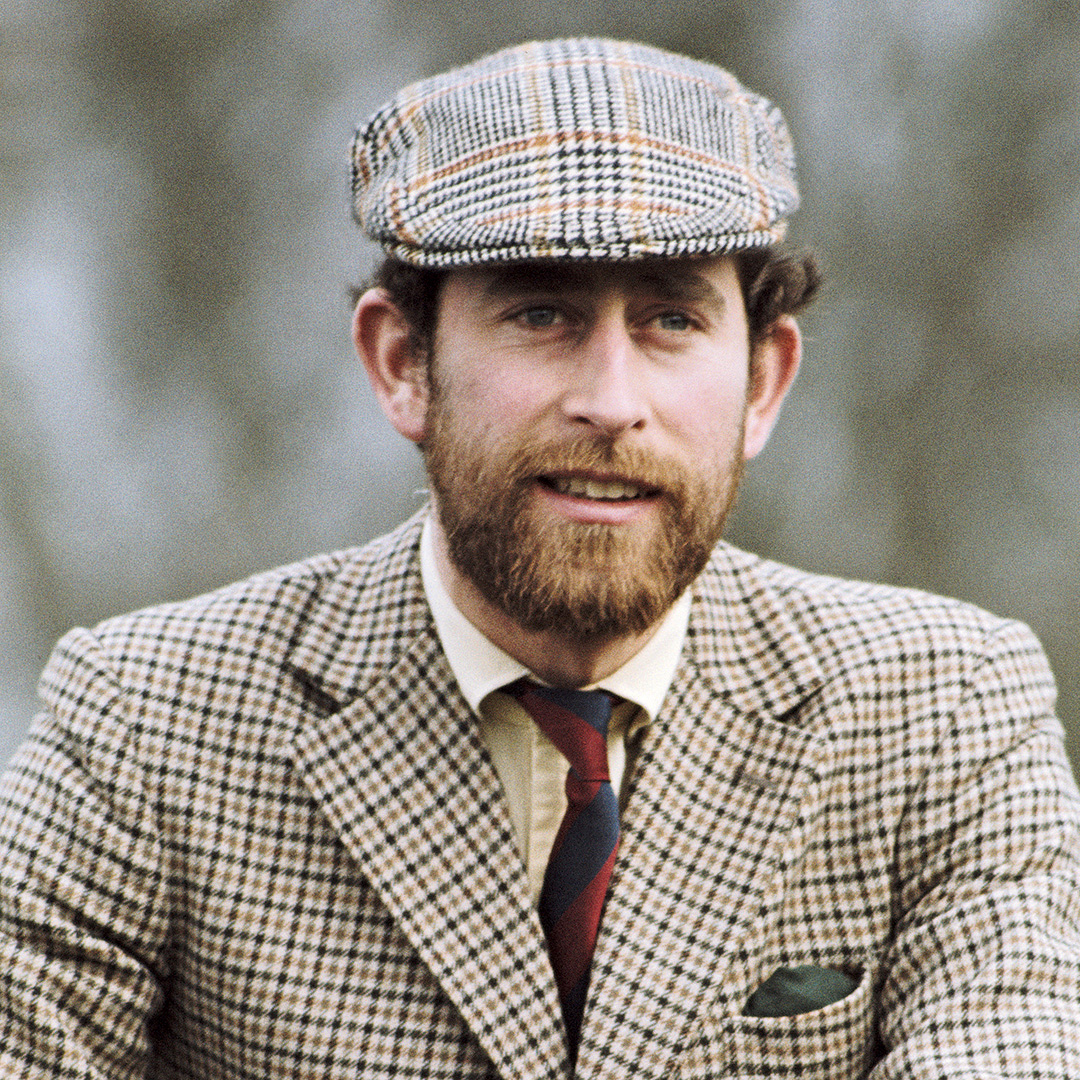 King Charles III, by those who know him best: 'He has already changed the world'
King Charles III, by those who know him best: 'He has already changed the world'Few realise the breadth and depth of Charles III’s interests and influence; fewer still can offer a meaningful answer to the question 'what is the King really like?'. But here, 10 friends of Country Life — all people who know and have worked with The King — predict he will be a magnificent and much-loved monarch.
-
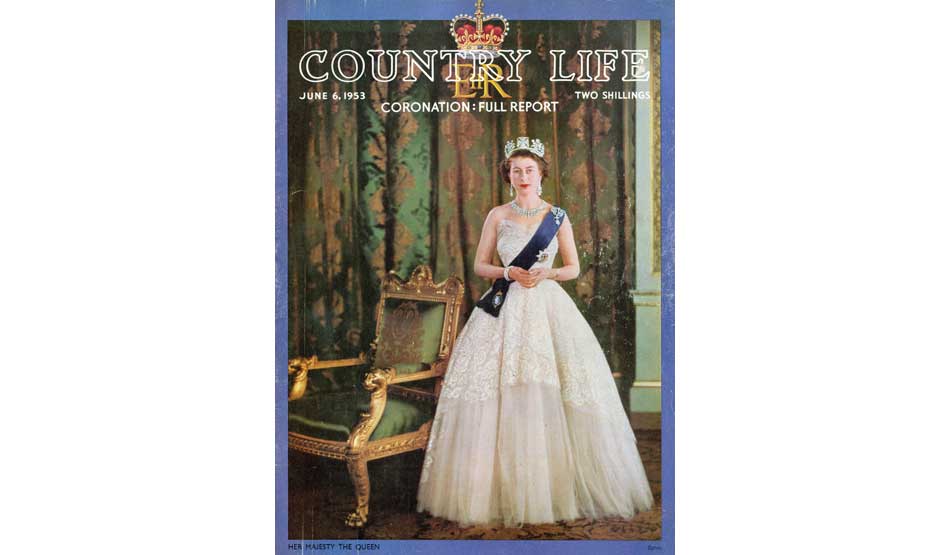 The Coronation oath: 'This is no empty display. It is the foundation stone of our system of government'
The Coronation oath: 'This is no empty display. It is the foundation stone of our system of government'The Queen’s Coronation saw her take an oath which is crucial to our system of Government.
